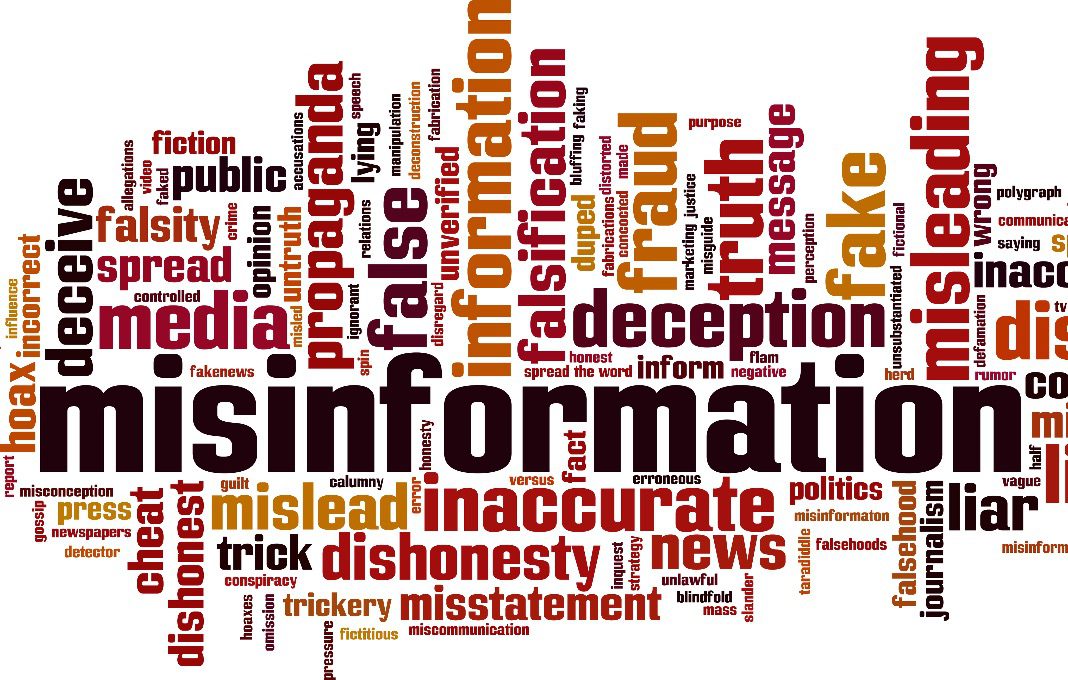Diversionary clouds of misinformation and the obfuscation by expert jargon is a challenge for every company leader who must deal with misguided industry critics, plaintiff attorneys and cynical media, often intended to confuse.
On the anniversary of the Russian invasion of Ukraine, a pair of attention-seeking Swiss academics produced a report claiming that 92.5 percent of Western multinationals didn’t exit Russia, despite public announcements. Their research had as many holes in it as Swiss cheese. But major media outlets never scrutinized the claims.
This played right into President Putin’s propaganda mission to undermine Western unity in support of Ukraine. The initially concealed Swiss data showed that most of the research was not on Western multinationals but on Russian-owned, Russian-based companies—which, of course, did not pull out of Russia. Plus, it was padded with hundreds of individuals, including Putin’s oligarch pals, mislabeled as multinational corporations. Missing were hundreds of the largest genuine multinational corporations.
Divide and Distract
Questions were countered with tidal waves of diversionary statistical gibberish and hostile letters from lawyers defending the fraudsters. This was the same method now-convicted felon Elizabeth Holmes used in her massive Theranos biotech fraud—confusing media critics with hip-tech diversionary doublespeak while threatening whistleblowers with libel and hiding under the protective cover of uninformed credible endorsements by prominent politicians and venture capitalists.
In a self-critical 2018 CBS 60 Minutes piece reflecting on getting fooled by Holmes for their glowing 2015 profile of Theranos and its CEO, correspondent Nora O’Donnell confessed that Holmes had refused to explain how the company’s technology worked. When O’Donnell later asked Holmes about critics who insisted that a drop was simply not enough blood to perform all the tests she claimed, Holmes dodged the question, responding that “every time you create something new, there should be questions. And to me that’s a sign that you’ve actually done something that is transformative.”
Muddle and Misinform
Gibberish allowed the JPMorgan 2012 London Whale trading scandal that caused $6.2 billion in losses and $1 billion in penalties. Floyd Norris of The New York Times revealed that the reckless trader sought permission, but no bosses understood his recommendation:
“sell the forward spread and buy protection on the tightening move,” “use indices and add to existing position,” “go long risk on some belly tranches especially where defaults may realize” and “buy protection on HY and Xover in rallies and turn the position over to monetize volatility.”
The prevention of such manipulation is possible with backbone. First, challenge doubletalk. President Richard Nixon’s press secretary, Ron Ziegler, was infamous for such doubletalk. In 1971, when evading congressional inquiry over whether the U.S. was about to invade Lao, he stated, “The president is aware of what is going on in Southeast Asia. That is not to say anything is going on in Southeast Asia.” In fact, one convoluted statement earned him a 1974 satirical award from the Committee on Public Doublespeak of the National Council of Teachers of English.
Second, do not be intimidated by technical jargon. Former Fed chief Alan Greenspan was a master of obfuscation, spieling clause-ridden, run-on sentences seemingly designed to make his position impossible for anyone to decipher. After each speech, headlines trumpeted opposite messages, providing Greenspan with cover from ever being held accountable for getting things wrong.
Third, have confidence that you are not the village idiot when asking a question. Fraudsters seek to make you feel intimidated. Call their bluff.







